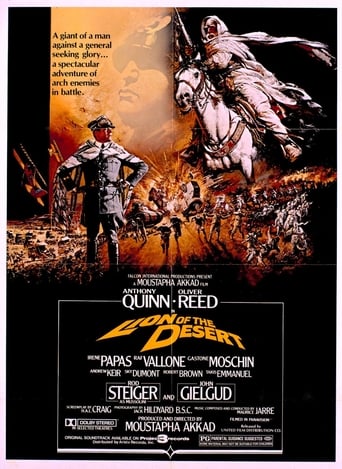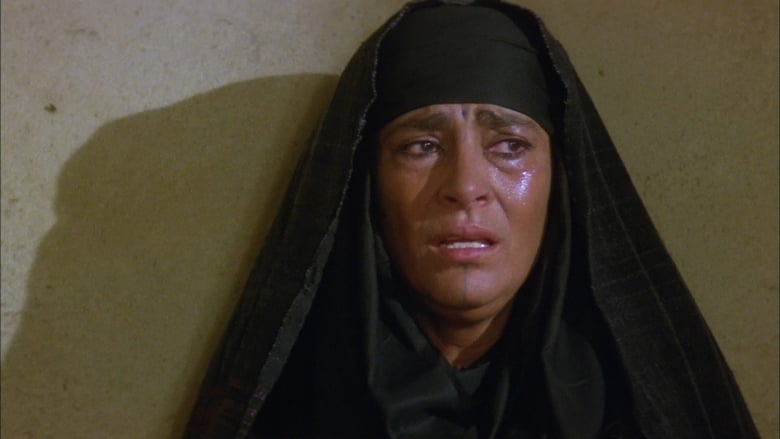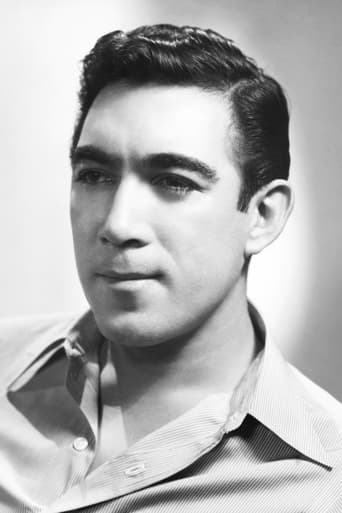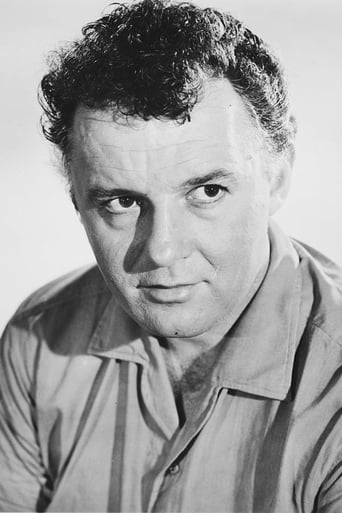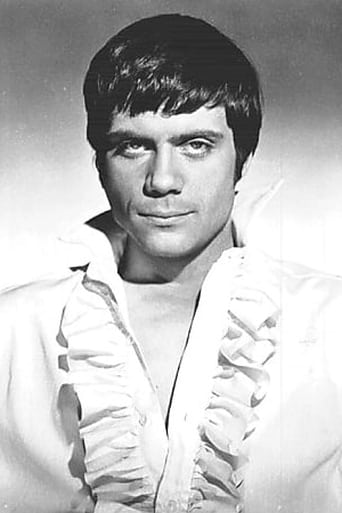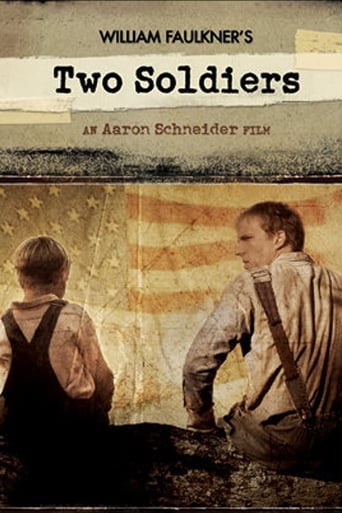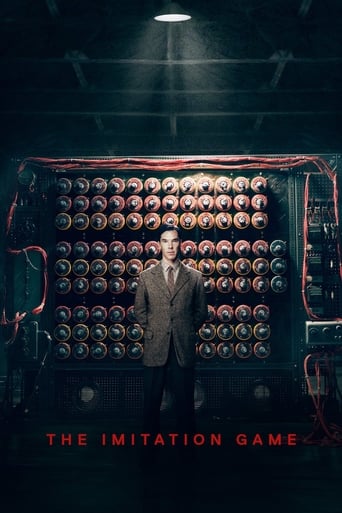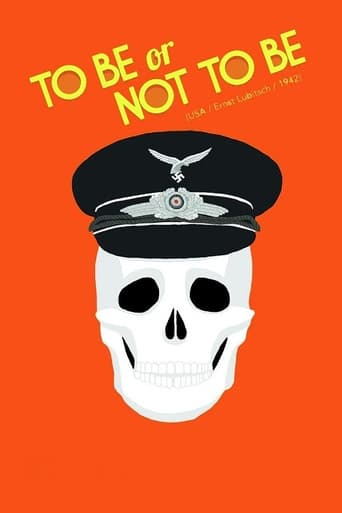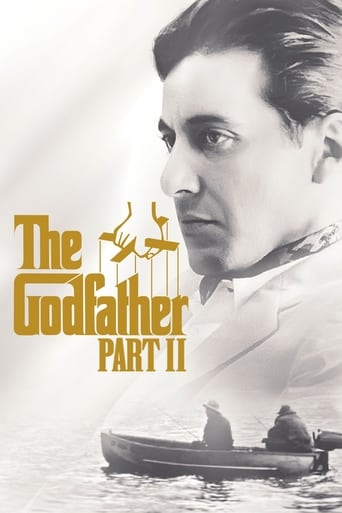Lion of the Desert (1981)
This movie tells the story of Omar Mukhtar, an Arab Muslim rebel who fought against the Italian conquest of Libya in WWII. It gives western viewers a glimpse into this little-known region and chapter of history, and exposes the savage means by which the conquering army attempted to subdue the natives.
Watch Trailer
Cast
Similar titles
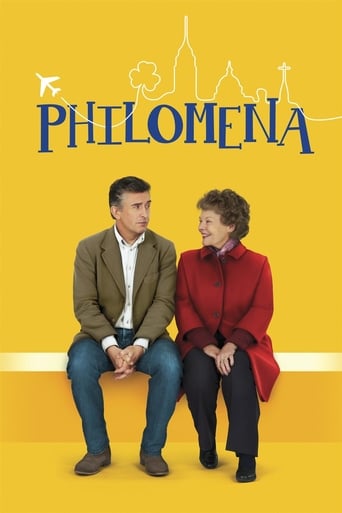

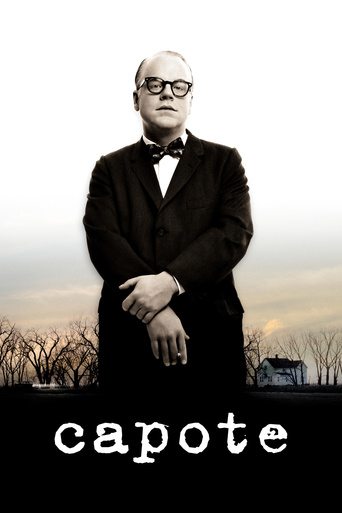
Reviews
Such a frustrating disappointment
Fresh and Exciting
Absolutely Fantastic
A Masterpiece!
Lion Of The Desert (1981) Anthony Quinn, Oliver Reed, Raf Vallone, Rod Steiger. A wonderful performance by Quinn as Omar Mukhtar, the Lion of Libya. And Reed as Italian Gen.Rodolfo Graziani, who pursues him for Benito Mussolini. The time it takes - from 1911 to 1931 - is shown as the reason for the tribesmens' hatred of all foreigners. European countries carved up north Africa among themselves. Very effective use of the desert landscapes and using some actual newsreel footage of the refugee camps that stretch for miles. by the end. Some of the Italian officers were tried as war criminals. Interesting, and some great action scenes. 8/10
Despite being one of the most financially disastrous films ever made (costing a lot to make, and making very little back), Lion Of The Desert is a surprisingly good epic film about the Italian occupation of Libya in 1929. The film focuses on two of the key players on each side – the Italian forces are marshaled with ruthless iron-like discipline by their notorious Colonel Graziani, while the Libyans defend themselves under the guidance of spiritual guerrilla freedom fighter Omar Mukhtar (a.k.a the Lion of the Desert). It's an interesting clash of ideals and personalities which makes for a worthwhile – if never truly outstanding – historical epic.In 1929, the Italians grow desperate as their occupation of Libya reaches crisis point. The Libyans simply refuse to accept that another country has any rights to their homeland and reject all attempts by the Italians to justify their presence there. Mussolini (Rod Steiger) sends one of his most promising and fearsome soldiers to resolve the tension – Colonel Rodolfo Graziani (Oliver Reed). Graziani's approach is one of ruthless and merciless force – he has Libyans executed in front of their families for working with guerrillas; he sets up concentration camps in the desert where Libyans are frequently hanged or starved to death; he orders his tanks to wipe out villages and towns with the aim of total annihilation. Yet somehow, against this modern army armed with their tanks and machine guns, the Libyans manage to fight back under the guidance of an elderly freedom fighter named Omar Mukhtar (Anthony Quinn). Mukhtar continually embarrasses his mighty opponent by leading cunning Arab attacks against them. They come from the desert like lightning, strike at the Italian soldiers and communication lines, then fade back into the landscape before they can be caught or killed. It is nearly two years before Graziani finally captures and hangs Mukhtar in front of his people, hoping to finally crush the spirit of the Libyan resistance.Lion Of The Desert has plenty to admire. Quinn's performance as Mukhtar is certainly very convincing, and Reed belies the fact that he was making one terrible film after another at this point in his career by turning in a very menacing portrayal of Graziani. Both of them almost have the film stolen from under their noses by Rod Steiger's immense cameo as Mussolini – exuberant acting by an exuberant actor. The film is also strong during the battle sequences – the size of the forces involved is impressively captured in some genuinely epic-scale clashes, and we are spared nothing of the unpleasant reality of combat. People are shot to pieces, tanks roll over legs and bodies crushing the lifeblood from them, and none of it is hidden or glamorised for the viewers. We certainly get to glimpse the full horrors of a battlefield. There are still flaws with Lion Of The Desert, one being the unfathomable decision to have several well-known British actors play Libyan freedom fighters. With their too-proper Queens' English accents, blue eyes, and fake-tanned skin they look foolish rather than convincing. Poor John Gielgud suffers most of all in this manner. Also the film's narrative is not always as clear as one might hope, with some characters and events that don't feel as if they've been developed properly and come across as rather hard to follow. Generally-speaking Lion Of The Desert is a good film though, certainly worth a look.
Although I strongly disagree with the ban issued by Italian authorities (which represents an infringement upon the filmmaker's freedom of expression and the viewers' freedom of documentation), I cannot help but think that the film is pure negative propaganda against the Italian army and the Fascist colonial policy. Moreover, it is propaganda boarding on caricature. Rod Steiger as Mussolini is not much different from Charlie Chapling (or Mel Brooks) imitating Hitler. Antony Quinn, as Omar Mukhtar, is.....too good to be true. The film is certainly highly professional; the reconstruction of Palazzo Venezia (Mussolini's headquarters) stunning and the accuracy in re-creating the 1922 weapons very credible. Colonialism was definitely a sad page in Western History, but it cannot be judged with the 21st Century mentality. By depicting the Italians "all bad", and the Muslims "all good", I am afraid we open the road to a future film where the Westerners will be, once again, "all bad", whereas the "all good" will be Osama Bin Laden
From the first time I saw this movie I thought it great. It is refreshing to see an historical movie done accurately and yet prove entertaining. I thought it was the finest performance ever given by Anthony Quinn. A couple of years ago I saw an interview with Quinn in which he said that it was the role he was proudest of and he was right about it.It's not really amazing though that the such a great film was a commercial failure in the US certainly. One only has to recall the line about the right of settlers (Italian) "not one minute of right, to the pasture not one cow" to see the parallel drawn to events in a country some 1000 mile or so to the east. Italian justification of their occupation based on a two thousand year old pedigree got to the nub of today's headlines in the middle east.Lybia, the 'Berber Kingdom', has a long history. It has been part of the civilized world and great empires dating back to Carthage and including Greeks, Romans, Moors, etc. For those interested in music they have the chance to see how 'bagpipes' were and are played from where they came. Early on the movie, when the young men return to the village, their dance is accompanied by bagpipes.Omar's last words are brilliant and haunting: "As for me, I will live longer than my hangman". One of the militias in Lebanon, during its civil war, was called the 'Omar Mukhtar brigade'.
